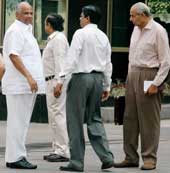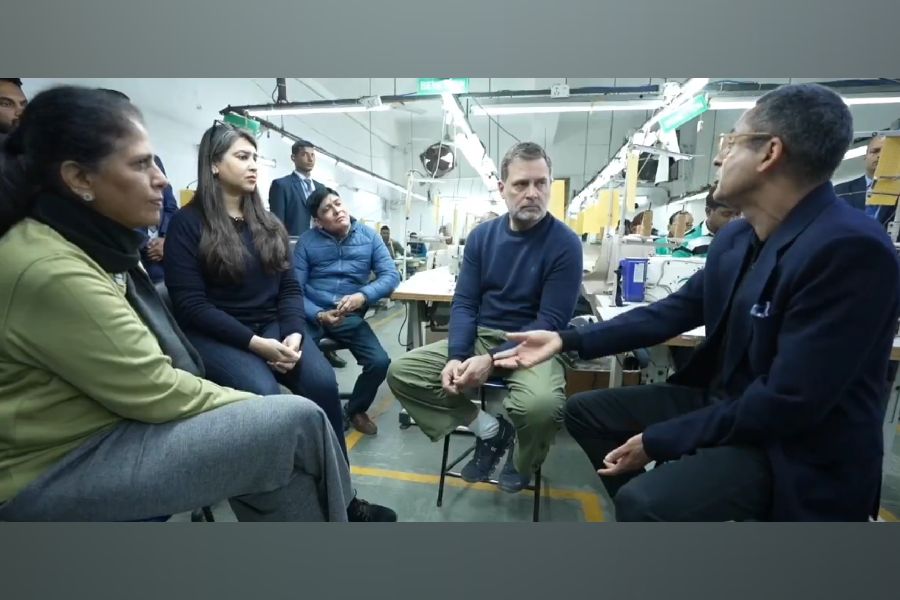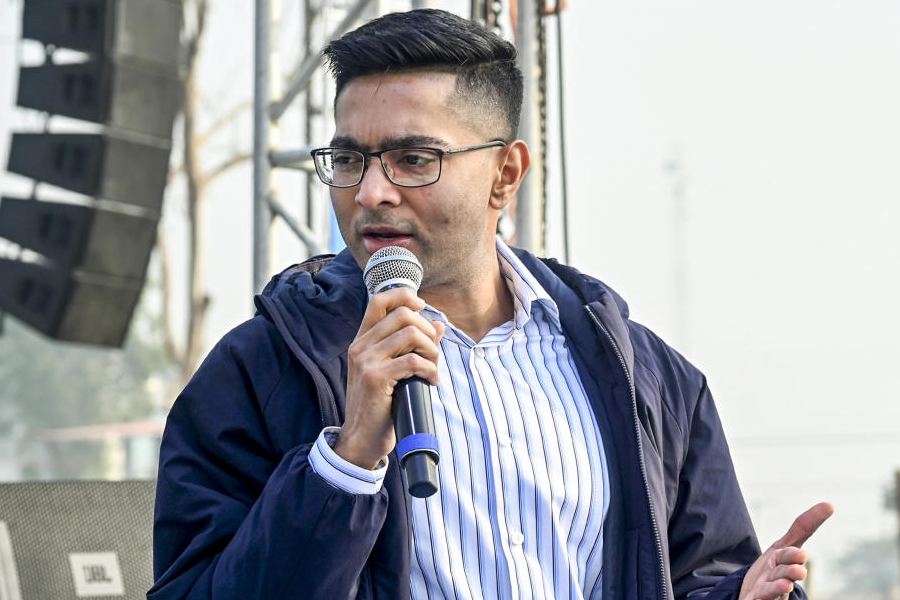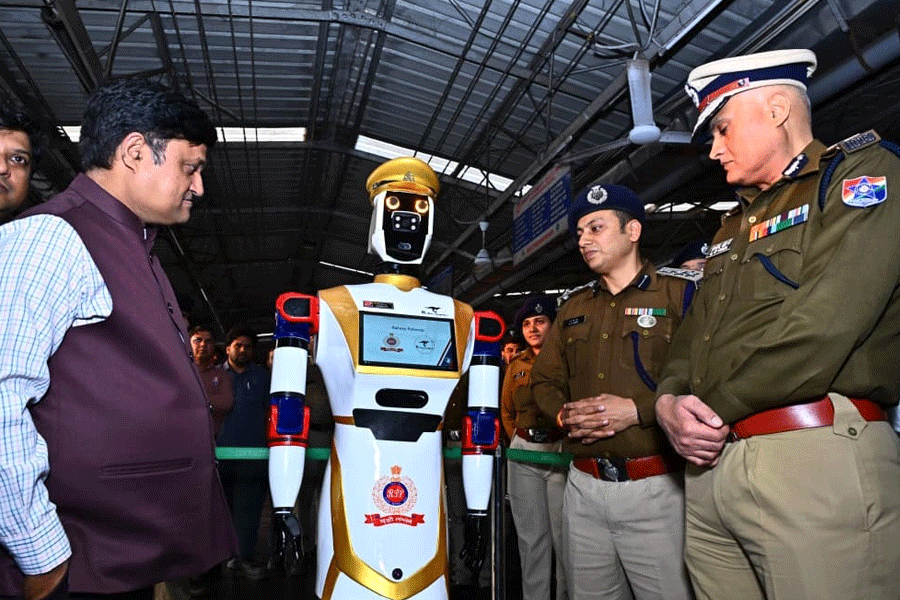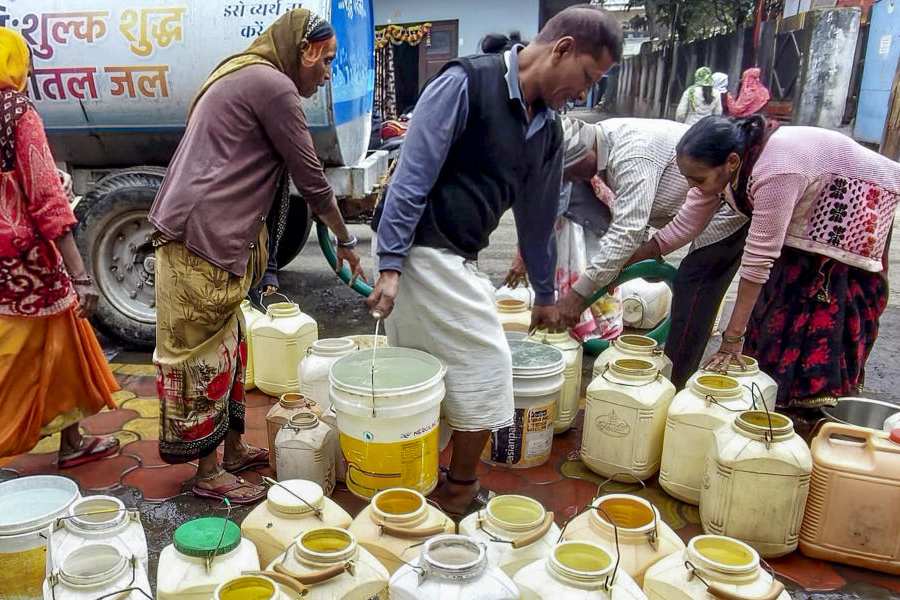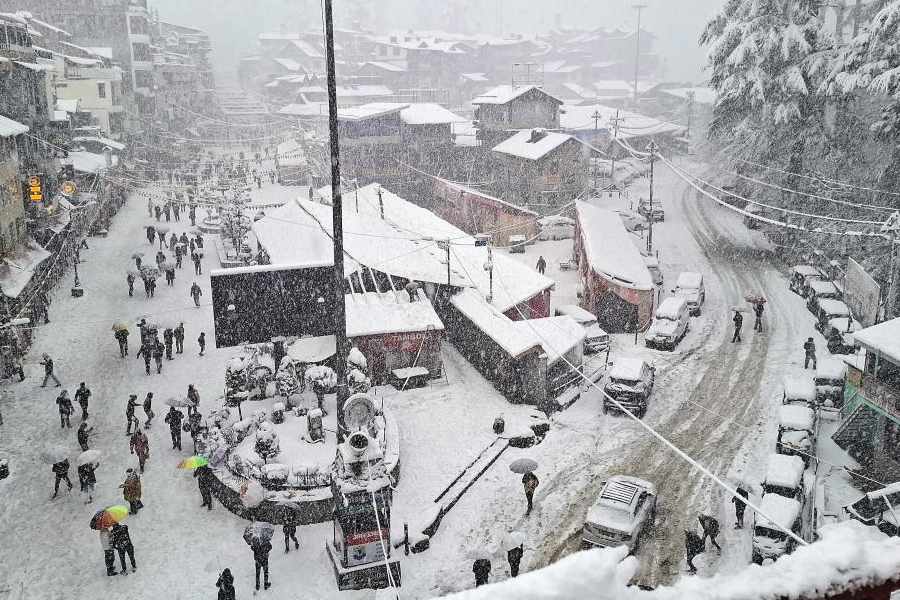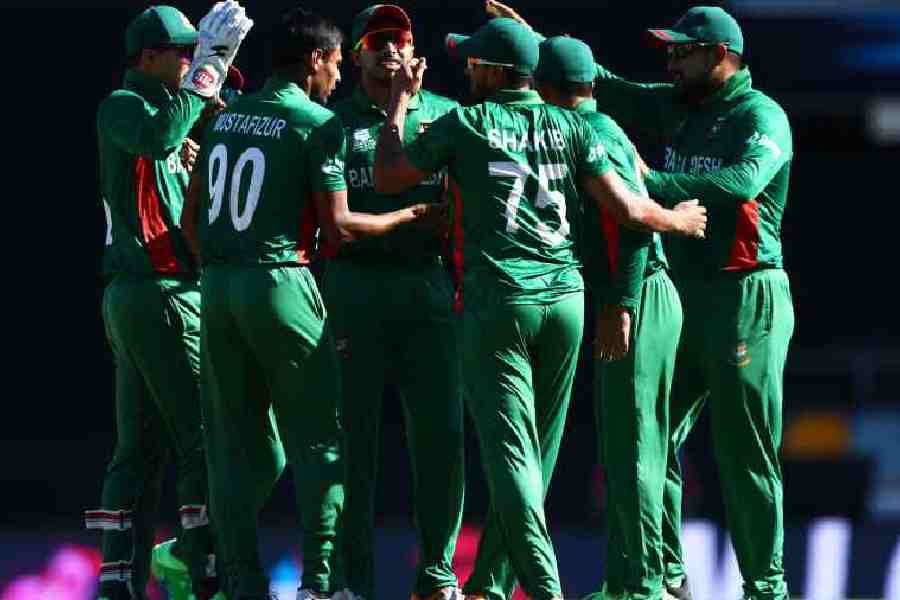|
|
| Outlawed |
On August 15, 2005 when India stepped into her 59th year of sovereignty, a motley group of Indians gathered at the Flora Fountain in Mumbai to demand their independence. The gathering comprised gays, lesbians, bisexuals, transgender people, friends, supporters and human rights activists. They were demanding the repeal of Section 377 of the Indian Penal Code, which criminalizes ?unnatural carnal intercourse against the order of nature?. The provision, a colonial relic embodying Judaeo-Christian morality of Victorian England, criminalizes every non-peno-vaginal sexual act, whether heterosexual or homosexual. Lesbians, however, are not covered because Victorian law-makers refused to believe that lesbianism was possible. The idea behind the provision was that every sexual activity that is not potentially reproductive is ?unnatural?, and, therefore, should be punished.
Although theoretically Section 377 covers both heterosexual as well as homosexual acts, studies conducted by the Peoples? Union of Civil Liberties in Bangalore show that the provision was primarily and extensively used by the police to harass, blackmail, arrest and use violence against homosexual and transgender communities. The provision has come to epitomize the ultimate denial of the freedom of sexual expression and is therefore the main target in the battle for sexual justice.
The history of the struggle against the provision is almost a decade old. In 1994, AIDS Bhedbhav Virodhi Aandolan tried distributing condoms to the inmates in the Tihar jail to check the spread of HIV. Kiran Bedi, the then IG (Prisons) refused permission, saying this would ?encourage homosexuality? and violate Section 377. ABVA filed a writ petition challenging the constitutionality of Section 377, but did not pursue it to its conclusion.
The issue was brought out of the cold-storage when Naz Foundation, a Delhi-based organization involved in HIV/AIDS prevention, filed a petition in the Delhi high court in 2001 demanding that the section be read down to exclude sexual acts between consenting adults in private from its ambit. It contended that the provision violates the constitutional right to equality, life, health, privacy and liberty of homosexuals in India. The petition alleged that it perpetuates social stigma, increases the chances of abuse at the hands of the police, and prevents HIV-prevention work in the homosexual community, rendering them vulnerable to the disease.
The National Democratic Alliance government filed a vitriolic reply to the petition, citing the ostensible hostility of India?s culture towards homosexuality as justification for its retention. This despite ample historical evidence in ancient and medieval Indian texts (religious, mythological and literary) put forth before the court which point towards greater cultural tolerance of same-sex love in India than in many Western countries at the time.
Whether an argument of cultural intolerance is even relevant when fundamental rights are in question is a separate matter altogether ? one may easily imagine issues like untouchability, sati, child marriage and dowry to realize that social mores have questionable validity in deciding matters of principle. This was the crux of the argument of Brinda Karat, former general secretary of the All India Democratic Women?s Association and a present member of the Rajya Sabha and the CPI(M) politburo, in her open letter to Arun Jaitley, the then minister of law and justice, criticizing the stand taken by the NDA government.
In September 2004, the Delhi high court dismissed the petition on the technical ground that there was no prosecution pending against the petitioner without going into the merits of the case. The case is now before the Supreme Court on this narrow and technical question of whether the high court was right in refusing to entertain the petition and decide on its merits.
This time it fell upon the ?progressive? United Progressive Alliance government to oppose the petitioners. Admittedly, the reply is less virulent than the one filed by the NDA government, and this government has largely stuck to technical arguments questioning the right of the Naz Foundation to bring the case and also asserting that the matter rightfully falls within the domain of the parliament. But it also betrays a similar intolerant mindset by indicating that the ?moral standards? of the Indian society are enough justification for the provision to be valid constitutionally.
This reply must be seen in the context of the growing demand of the civil society to do away with the draconian piece of legislation. Also relevant are the recommendations by the law commission, and more recently, by the planning commission, to repeal Section 377. Add to this the further context that the UPA government and its allies do not tire of showcasing the badge of their sensitivity to social justice. No open letter came from Brinda Karat this time.
The question is not one of who one can go to bed with. At the heart of the issue is human sexuality, which is of central importance to human beings. The autonomous expression of human sexuality is therefore worthy of the constitutional protection granted to a life with dignity. This is the reason why we penalize rape ? because it violates the autonomous exercise of an individual?s sexuality.
Marginalized perspectives have a way of being the proverbial mirror which lays bare the ugliness of the mainstream ways of life. We would miss a valuable opportunity for introspection if the demand for sexual rights is viewed as a gay and lesbian issue alone. It is a call to our society as a whole to recognize that the issue of the autonomy of sexual expression is one that affects all Indians. It is not rabid individualism that best captures the essence of this autonomy; instead its importance is underscored by what makes us social beings in the first place. It is the basis on which we relate to another human being ? sexually, emotionally, physically and spiritually. Respecting this autonomy comes with the acknowledgement of the human capacity to love other human beings in spite of their class, caste, religion, sex, race or gender.
Gays and lesbians in this country are not the only ones who find this capacity compromised. This right to love was violated in apartheid South Africa, which forbid a white person from marrying a black person. It is violated time and again in India where couples choosing to marry someone from a different caste or religion face violence, even death. And it is violated by the very existence of Section 377, which stigmatizes the love between a same-sex couple.
In opposing the Naz petition, the government has affirmed the ?love-laws? Arundhati Roy warned us about in The God of Small Things? ?The laws that say who should be loved. And how. And how much.? In the process, it has also squandered the opportunity to take India a step closer to a tolerant society which has equal respect for every human being.

